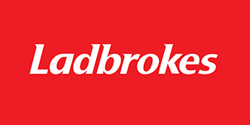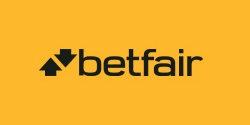The reason I set up this site was because there are countless bookmakers out there and it’s hard to know which ones to turn to when you want to place a bet. Should odds alone determine whether to use one bookie over another? How important are features? Do certain bookmakers cover some sports better than others? It’s that latter question that I’m concerned with here, mainly because it’s true that some sports are covered better by some companies when compared to others.
Virtually all bookmakers offer horse racing coverage and that’s certainly true of the ones I’ve recommended on this site. Yet just because they will give you odds on a horse race doesn’t necessarily mean that they know what they’re talking about. For that reason, I decided to pick out the best at covering the gee-gees so that you could limit your choices a tad. I’ve explained why I think they’re good in this particular arena, though it’s still worth reading my full review for a breakdown of their features and so on. I’ve also used this as an opportunity to tell you about how to bet on the racing and some of the terminology you might come across when doing so.
The Best Bookies for Horse Racing
As long as people are willing to place a bet then there’ll be bookmakers more than happy to offer them odds on said bets. As I’ve hinted at already, though, the more you look into the different bookmakers that are out there the more you begin to appreciate that some are better at covering certain sports than others.
It is true that nowadays most bookies are good at offering competitive odds across the board, but it’s also the case that you’ll have a better experience betting on the gee-gees with one company rather than another. That’s why I’ve had a look at the best in the horse racing business:
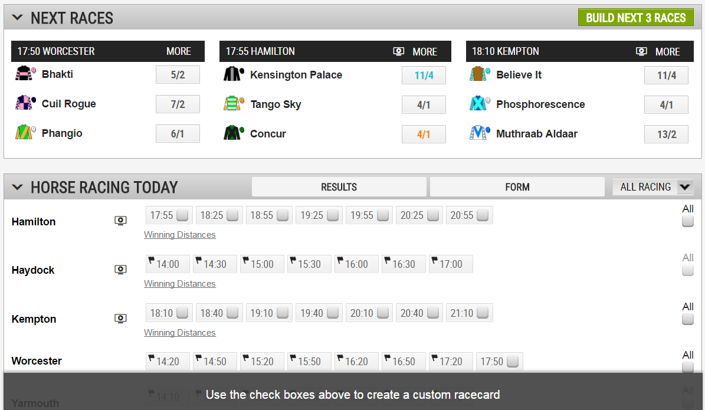
Ladbrokes
When it comes to bookmakers there are essentially two types: those that have sprung up since the development of online betting and those with a rich pedigree that goes back to the early days of bookmaking. There isn’t necessarily anything better or worse about either type of bookie, but it’s definitely true that Ladbrokes fits into the latter category. Few bookmakers have the reputation and name recognition that Ladbrokes do, something that the company has carefully cultivated ever since it opened its first high street shop back in the 1960s. There are numerous reasons why I’ve included them in my list of bookmakers that are good for horse racing fans, but one of the main ones is the fact that the company actually started off as the commissioning agents for horses trained at Ladbroke Hall.
Perhaps it’s that link to horse racing way back in their past that makes them such good bookies for those of us that like to have a flutter on the racing, but also the decent features and promotions they offer on horse racing. Their normal odds are often some of the best around anyway, so adding in any offers available at the time just makes it even more appealing to use their services.
Their coverage is exactly as good as you’d expect from such a well-known and much loved bookmaker. They don’t just focus on the UK and Ireland but instead have a full card of racing on offer from around the world whenever possible. They also supplement this with a good live streaming service that you can take advantage of simply by placing a small bet on the race you’re hoping to watch. Ladbrokes merged with Coral back in 2015, though both companies are run as separate enterprises to all intents and purposes. Still, it gives you some idea of just how big and influential Ladbrokes are when it comes to betting.
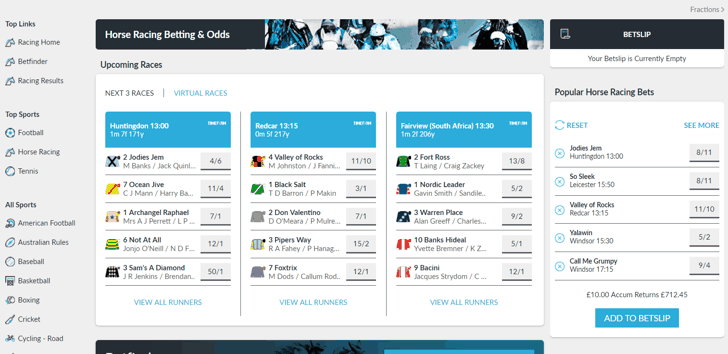
BetVictor
If you’ve read my information on BetVictor in my 'Betting on Football' guide then you’ll know that one of the reasons I included them in that list is the fact they’ve had sponsorship deals with both Liverpool and Chelsea Football Clubs. As I point out there, sponsoring a football club doesn’t automatically mean you know about the sport, just as being owned by someone in the horse industry doesn’t de facto ensure your coverage of racing is the best. Yet the fact that Michael Tabor bought BetVictor in 2014 should give you confidence that they’re a decent company to bet with. Tabor not only owns race horses but bought them with money he earned as a high-stakes bettor during the 1980s. In other words, he knows the industry inside out.
The only sport that BetVictor offers live streaming of at the time of writing is horse racing. To me, that is indicative of how seriously they take their coverage of it. Likewise, they fact that they extended their partnership with TimeForm in 2016 is a good sign of their determination to improve their racing coverage as much as possible. This is reflected in their odds, with BetVictor often being the best choice for a number of horses in any given race when compared to their rivals. Even if they aren’t the best odds then they’re not far enough off to mean you should be all that bothered.
Off the top of my head I don’t think I’ve recommended a bookmaker on this site that doesn’t offer a Best Odds Guarantee and BetVictor are certainly no exception to that rule. In addition, you’ll find that they regularly have enhanced places offers for Each-Way bets on big races, appealing to customers that like to hedge their bets. Despite really coming to the fore in recent years, BetVictor was founded back in 1946, so they’re not only good to bet with but they’ve got the history to reassure, too.
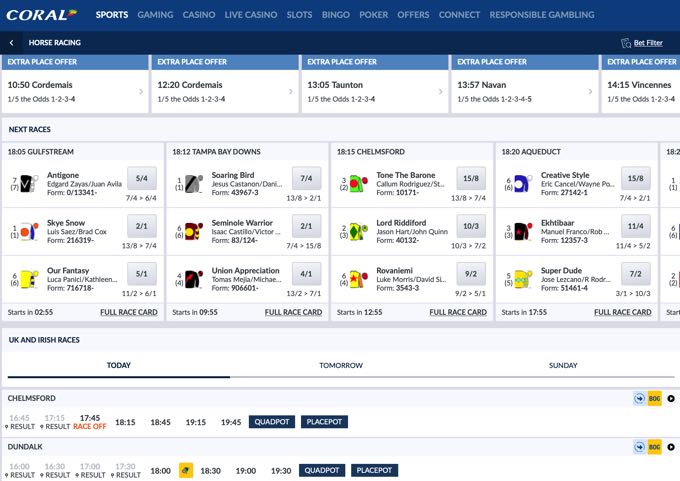
Coral
Back in 1926, a man named Joe Coral chose to set up pitches at racecourses and become a bookmaker. His business developed exponentially over the following years and when the law on bookmaking changed in 1961 he was ideally placed to take advantage of it, opening a high street shop as soon as he was legally able to. The business continued to expand and so Joe merged his company with a man named Mark Lane, forming the Coral Leisure Group. As I mentioned when I was writing about Ladbrokes earlier, the two companies merged back in 2015 but are run as separate interests, so it’s definitely worth having an account with both of them.
As with most bookies, Coral have live betting and Cash Out options for certain bets, but where I think they really excel is in their live streaming. Or, to be more specific, in their not live streaming. You can, of course, stream a race live as long as you place a small bet on it. Yet you can also watch a computer simulation of the race if there’s some reason you don’t want to watch the live images. Even more interesting is the pre-race computer simulation. You can watch and that takes all of the information available and 'predicts' which horse will win. It’s not flawless by any stretch of the imagination, but when I used it last it managed to pick two of the first three horses in the actual race.
Coral’s horse racing coverage is excellent, so I wouldn’t worry about missing out on any races unless you’re only interested in betting on random ones that are run in the middle of nowhere. The company’s odds are decent too. In fact, the only area of Coral’s horse racing coverage that I do find a little disappointing is their offers and promotions. There’s not a lot to speak of on that front that’s available on a regular basis, though they do mix it up a touch by having offers on around the big events and meetings. When all is said and done I don’t think Coral is the very best bookie for horse racing, but they absolutely deserve their place in my top five.
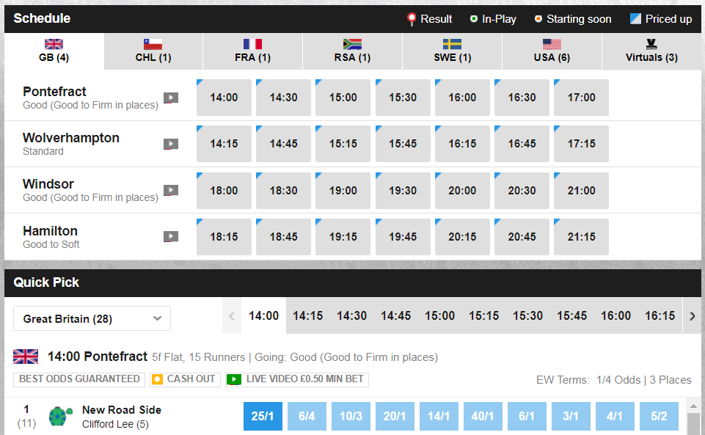
Betfair
Betfair one of the standout names associated with the modern form of betting. The company has only been around since 2000, yet such is the influence that they’ve had on the way online betting works that it would have been impossible not to mention them here. That is particularly true because of one particular feature that they brought to the table and has quite literally changed they way that people place bets - the Exchange.
Again, I talk about that more in my main review so it’s definitely worth giving that a read. What’s important to know, though, is that the Exchange essentially allows you to become the bookmaker. When it comes to horse racing that means that you don’t need to pick one horse but can essentially bet on the entire field. It also allows you to pretty much decide your own odds and see if anyone is willing to take you up on them, meaning that you don’t need to stress about searching all over the place for the very best odds possible. It might sound complicated but it really isn’t once you get your head around it and I promise you’ll find yourself using it as a betting method quite a lot.
There is a normal, fixed odds sportsbook that’s available through Betfair too, of course, so if you’re a little intimidated by the idea of betting on the Exchange then don’t worry. You can live stream racing with a 50p bet, Cash Out during the race with certain bets and also bet in-play. The odds aren’t necessarily the best around but they’re not the worst either and the coverage is perfectly decent. They also have a decent feature called Each-Way Edge, which is great if you like to place an Each-Way bet on the races. That feature basically allows you to choose whether to take bigger winnings but less Each-Way places or more places for less winnings.
Betting on Horse Racing
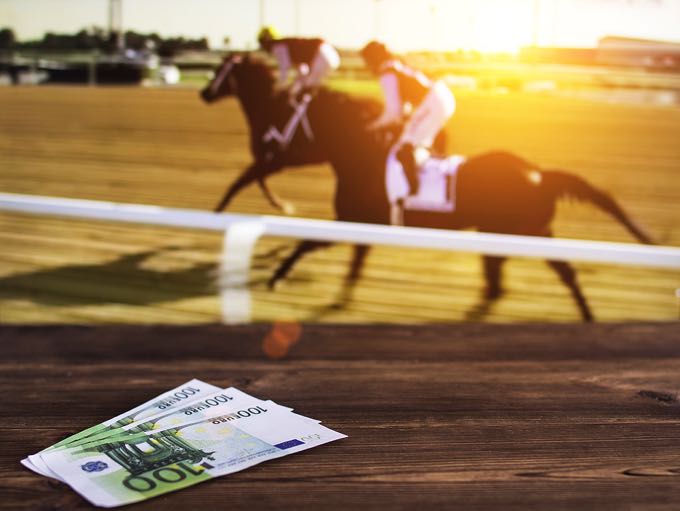
The Jockey Club is arguably the best known owner of racecourses in the United Kingdom, but it’s by no means the only one. As well as the Arena Racing Company and Chester Race Company there are also countless independently run courses. In fact, at the time of writing there are sixty racecourses in England, Scotland and Wales alone. Add in the 26 Irish courses and that take the total number of professional racecourses in the UK and Ireland to 86.
Even the most British and Irish centric of people would admit that horse racing isn’t limited to these shores, of course. Once you start looking abroad you’ll discover that there are almost a limitless number of places that you can watch racing, such is the popularity of what is known as the Sport of Kings. There are more than 360 courses in Australia alone! It’s entirely fair to say, then, that people love watching horse races. When it comes to live sport then if there are people watching it there will also be people betting on it, which is where this site comes in.
If you haven’t read my guide to football betting sites yet then that that’s also worth a look, especially considering different bookmakers have different specialities when it comes to the sports that they cover. Whilst some of them do overlap, you should assume that just because I’ve mentioned a bookie here and said they’re good to bet with for horse racing that they’ll also offer you the best service for other sports. It’s also worth noting that I talk about the types of bets you can place and these are very much different with each sport you’ll be looking to place a wager on.
How to Bet on Horse Racing
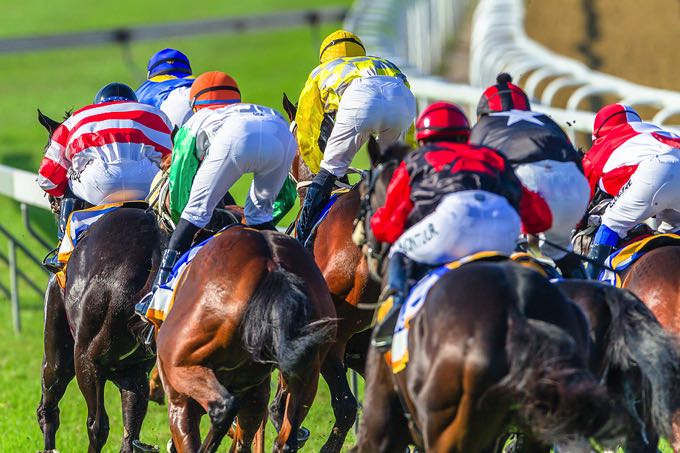
Now you know the bookmakers I think are the best to bet with when it comes to horse racing (though you can bet with any, of course), it’s worth having a look at how to bet on the races. If you’re a regular punter then this will be a little bit like teaching grandma to suck eggs, but if you’re new to the world of online betting then give this a read before you rush off to spend your welcome offer money.
Ante Post v Day of Race Betting
Most sports offer the chance to place Ante Post bets in one form or another, but there’s no question that the practice is most prevalent when it comes to horse racing. If you’re not sure what an Ante Post bet is then the simplest way to think about it as that Ante Post bets are ones placed ahead of time. In the world of racing most trainers have a good idea of which big races they’ll be entering their horses for, so you can often place a bet on the likes of the Grand National or the Cheltenham Festival around a year ahead of the meeting. The upside to doing this is that you’ll likely get much bigger odds than if you left it until the day of the race, but the downside is that if the horse you bet on ends up not running then most of the time you won’t get your stake refunded.
Ante Post bets don’t have to be placed that far in advance, of course. In fact, any bet that is placed before the declaration stage is known as an Ante Post or Future Race bet. The declaration for a horse race tends to happen overnight leading into the day of the race, so normally bets placed before 10am on the day the race is taking place are considered to be Ante Post. The declaration stage for flat racing tends to be a little further in advance, so normally you’ll need to have placed your Ante Post bets by around 48 hours before a flat race is due to begin. After the Ante Post betting stage is the Non-runner, No Bet stage, which I’ll tell you about later. In principle, if you place an Ante Post bet and your horse doesn’t run for whatever reason then don’t expect your stake back.
Win, Each-Way & Place Betting
Perhaps the most common way of betting on horse races, especially for the more casual of bettors, is the Win, Each-Way and Place market. Though they are quite self-explanatory as bets, I’ll just clarify what all of that means for the uninitiated. A ‘Win’ bet is a single bet on a horse that you think will win the race outright. Should your horse come anywhere other than first then you won’t see a return on your money, unless the bookmaker you’re betting with is running a promotion such as ‘money back if your horse is beaten by a head’. Money for Win bets is returned as the odds dictate, so a £5 Win bet on a 2/1 horse will see you receive £10 in winnings as well as your initial stake, seeing £15 return to your account.
Each-Way bets are actually best thought of as two different bets, which is why your stake is doubled if you place such a bet. To keep things simple, let’s say you place a £1 Each-Way bet on a horse with odds of 2/1; in that instance your stake will be £2 as you have a £1 bet on your horse winning the race and a £1 bet on it coming in one of the numbered places. A ‘place’ is normally considered to be second or third, but some bookmakers offer more places. If your horse comes second after you’ve placed an Each-Way bet on it then you’ll lose the ‘Win’ part of your stake but your Place part will be a winner. Bookies will tell you in advance what fraction of the Win they’ll give you for a Place, so if they say you’ll get 1/4 of the price and the odds were 20/1 then that means you’ll get £5 back for every £1 you staked on the Place.
As you may well have worked out if you didn’t already know, Place betting allows you to bet on a horse coming in a place but not finishing first. This isn’t something that’s available through all bookies, but some do offer it and it’s a handy way of earning yourself more winnings if you think your horse is going to be in with a chance but ultimately fall short. The advantage of having a Place bet is that the payout is equal for all places, rather than a fraction of the odds for a Win. As with Each-Way bets, the number of places that a bookmaker will pay out on is usually dictated by how many horses are running in the race.
Forecasts & Tricasts
These are two of the most popular types of bets for horse racing fans, mainly because they’re difficult to win and therefore have higher odds. A Forecast bet is one where you guess which horse will win and which will come second in a race. A Tricast bet is similar, except for the fact that you’ll be betting on the first, second and third placed horses. Your selection needs to be exact according to the type of bet you’ve placed, so if you get the horse that comes first right but the second and third horses finish in reverse order to what you predicted then your bet will be a loser.
There are variations on the Forecast and Tricast theme, of course. A Reverse Forecast allows your selections to finish in either order, though your stake on this type of bet is normally doubled. A Combination Forcast lets you pick three or more horses in a race and you’ll win your bet if any of your horses finish in the top two, regardless of the order. A Combination Tricast does the same thing, only for horses finishing in the first three positions in the race rather than the first two.
Totepool Betting
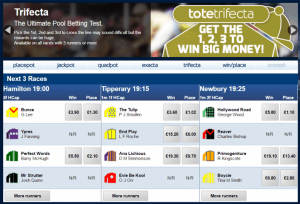 The best way to think about Totepool betting is to imagine that you’re betting with a load of mates. Instead of giving your money to a bookmaker, you all put it into the middle of the table and take a share of the winnings depending on how much you bet. This means that the odds on Totepool betting aren’t fixed, but are instead dictated by how many people placed their bet on the winning horse and how much money was wagered. As you can see, the Totepool works slightly differently to fixed odds betting, though the types of bets that you can place remain the same, even if they tend to have different names.
The best way to think about Totepool betting is to imagine that you’re betting with a load of mates. Instead of giving your money to a bookmaker, you all put it into the middle of the table and take a share of the winnings depending on how much you bet. This means that the odds on Totepool betting aren’t fixed, but are instead dictated by how many people placed their bet on the winning horse and how much money was wagered. As you can see, the Totepool works slightly differently to fixed odds betting, though the types of bets that you can place remain the same, even if they tend to have different names.
One of the reasons that Totepool betting is so popular is the fact that you can place multiple race bets and win correspondingly large jackpots. A good example of this is the Totescoop6, which asks participants to predict the winners of six selected races. If you pick six horses that Place then you’ll get a share of the Place Pool, whilst if they all win you’ll not only get a share of a massive prize but will also be entered into a prize draw for the following week. It’s an incredibly popular way of betting because you can win a huge amount of money for a relatively small investment.
Horse Racing Grades & Classifications
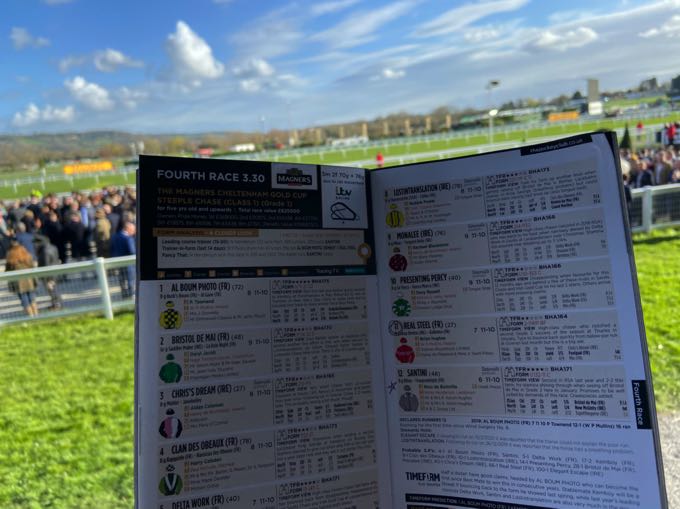
The Cheltenham Gold Cup is a Grade 1 Race
This isn’t about how to bet on horses, nor is it to do with the rules of bets that you should be aware of. Nevertheless it’s an important thing to understand if you’re considering placing bets on horse racing. Firstly it’s important to realise that there are two different types of horse races: flat racing and jump racing. The former is run on flat ground and doesn’t feature any fences or jumps, whilst the latter is sometimes called National Hunt racing and very much does involve obstacles that the horses must make it over.
National Hunt races are broken down into Classes from 1 to 7. 1 is obviously the best and has subsections within it known as Grades, with the lowest of these being referred to as listed races. They then go all the way down to Class 7 and how much weight a horse carries depends entirely on the rules for each individual class. For example, the weight being carried might depend on the horse’s age and sex, or on whether they’ve won previous races in the category. It sounds complex but it’s not really. You’ll know before a race begins what Grade and Class it as and how much weight each horse will be carrying. That’s the information you’ll want to bear in mind when looking to place your bet; especially if you’re able to do a bit of research to find out if they’ve run well with a similar weight on them in the past.
Flat racing also runs from Class 1 to Class 7, but they confuse things by having races that are known as Classics. When it comes to flat racing, there is nothing better than a Classic. These are the absolute best races that a horse can run in and they are steeped in history, with the St. Ledger dating back as far as 1776, for example. Again, a rule of thumb when it comes to thinking about flat racing is that the lower the Class is the better the horses are going to be. Once more, how much weight a horse is asked to carry depends on numerous factors that are dictated by the Class and Grade.
Rules to Be Aware Of
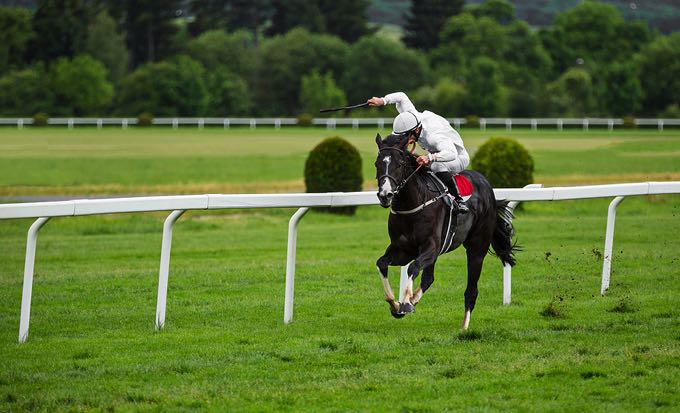
As my look at Grading and Classification might well have made you realise, horse racing can be complicated. There are rules and regulation when it comes to betting on the sport that can be just as difficult to get your head around as if you’re taking part in the sport, so here I’ll outline some of them so you’re blindsided when you go to place your bets.
Rule 4
The Tattersalls Committee come up with Rules on Betting that are amended and adjusted over time, in accordance with the UK Gambling Commission. Their 4th rule governs all Horse Racing bets and is designed to ensure things remain fair if something changes in the race at the last minute. Essentially, if a horse is withdrawn from the race late on then the amount of winnings you’ll receive will be adjusted to reflect that fact. Rule 4 dictates how much winnings out of every £1 can be deducted in order to ensure that the bet you placed is still a fair reflection of the running.
That deduction is based on the price of the withdrawn horse at the time of its withdrawal and you’ll never be deducted more than 90p per £1. It’s a little complicated, to be honest, but you don’t need to worry about it as it’s done automatically. It’s just handy to know in case you’re wondering why you’ve received less winnings that you thought you should – in that instance, Rule 4 has probably been applied.
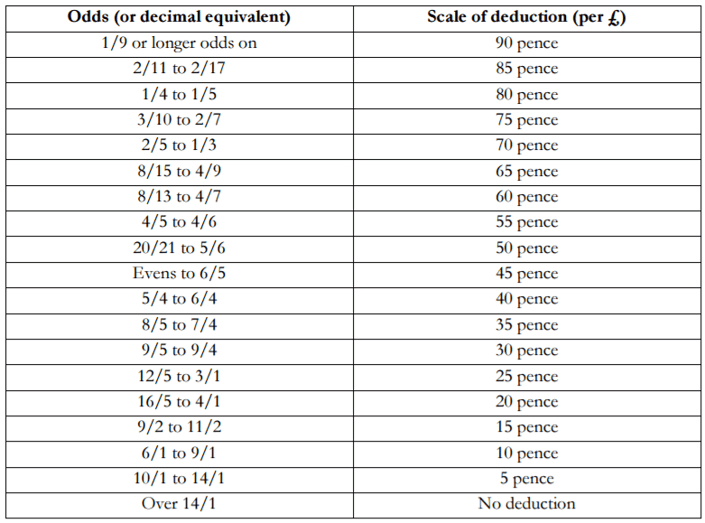
Table of deductions according to rule 4. Via Tattersalls Committee Rules on Betting
Dead Heats
To be honest, the advancement in technology means that dead heats are actually a lot rarer in horse racing than they used to be. Between photo finishes and Hi-Definition slow motion replays, it’s normally possible to identify the winner. They do still happen, though, and when they do you’ll find that your winning odds are split between however many horses are declared to have won the race. Say, for example, you backed a horse at 15/1 and it finished in a dead heat with two others, you’ll be paid out at 5/1. Again, this isn’t something you need to worry about as the bookmaker will do it automatically, but it’s good to know what happens in that event.
Postponed or Cancelled Races
When it comes to races being postponed, what happens to your bet depends on how long it’s been postponed for. If it’s just moved until later in the day and declarations stand then everything will go ahead in the same way, though you can request a refund on your bet if you want one. If it’s postponed to another day then the race will be made void and you’ll receive your stake back in full. If the race is abandoned or cancelled then you’ll find that your bets are automatically refunded to you as they’ll have been voided.
Non Runner, No Bet
When I was writing about the Ante Post bet earlier I mentioned the notion of Non Runner, No Bet. This does what it says on the tin, really, as it means that if the horse you placed your bet on ends up not running in the race that it was supposed to then you’ll get your stake returned to you. The reason why it’s relevant when talking about Ante Post bets is that Non Runner, No Bet doesn’t apply to them. Sometimes when it’s a big race, such as the Cheltenham Cup or Grand National, some bookmakers will relax these rules and allow Non Runner, No Bet to apply from a few days before the race. This is worth looking out for if you enjoy an Ante Post bet.
Best Odds Guaranteed (BOG)
As I mentioned before, pretty much every bookmaker in the business worth their salt offers a Best Odds Guarantee. This says that if you take a price on a horse in advance of the race and the Starting Price ends up being higher than the one you took then you’ll be paid out at the higher price. As an example, say you logged into your account at 11 in the morning and took Horse X at 5/1 in the 15.35 at Aintree. You then go off to work and, unbeknownst to you, Horse X is priced at 8/1 when the race begins. Well, worry not! You will paid at 8/1 rather than the 5/1 you took because the Best Odds Guarantee will have kicked in. It doesn’t work in reverse, mind. If you take 5/1 at the start of the race and your horse had been 8/1 earlier in the day you don’t get the bigger price!
Price Promise
When I first heard of the Best Odds Guarantee I thought it meant that the bookmaker would pay you out at the best rate you could have got from any other company. Obviously I quickly realised that wasn’t the case, but I was delighted to see that there is something similar to it in the form of the Price Promise. When available, a price promise will match any genuine price you could have got from another site – a bit like the how John Lewis would price match products stating they were “Never Knowingly Undersold”. So a 5/1 bet with one bookie that would have 8/1 with another will be paid at 8/1.


